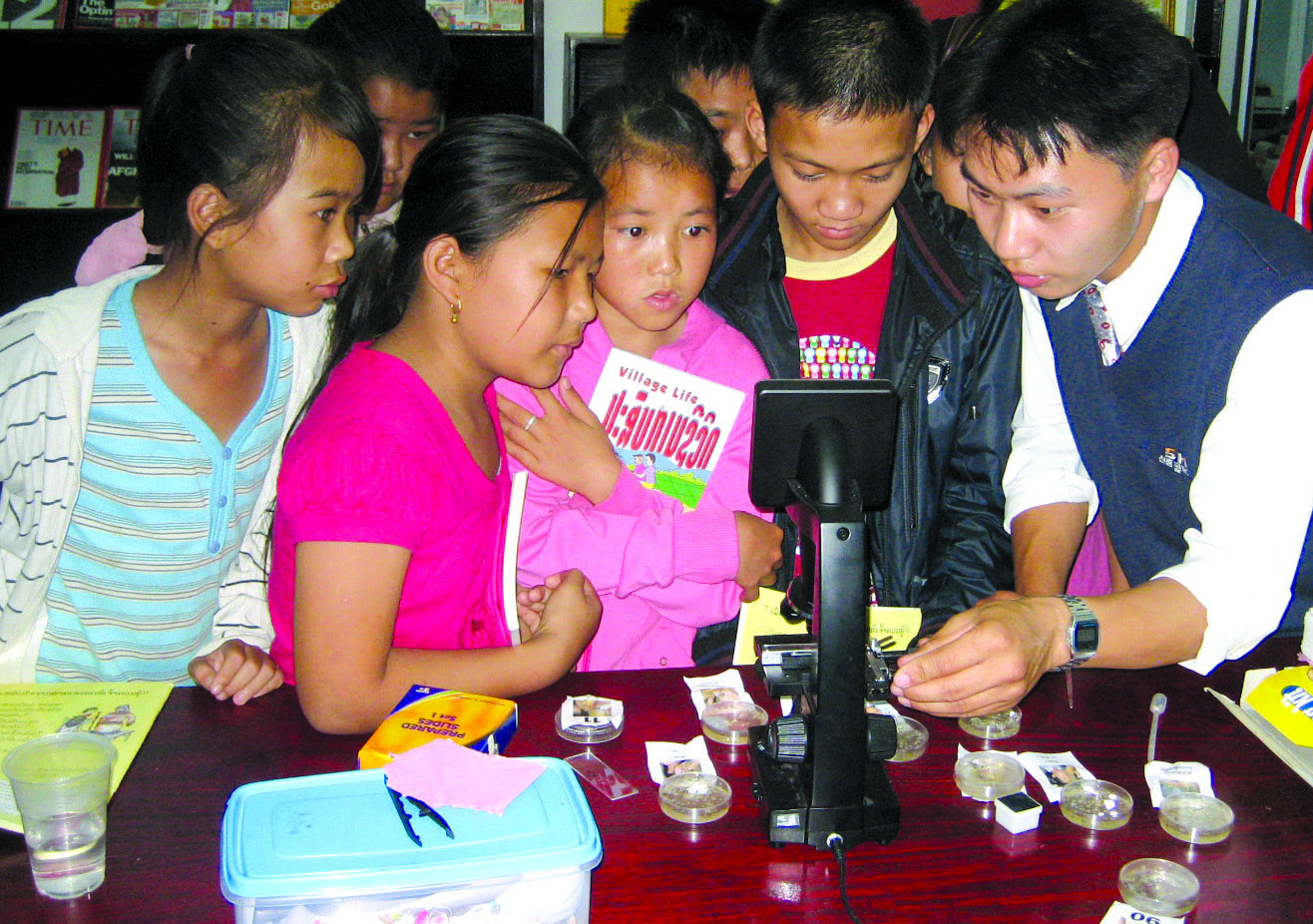Government Grants
Business Grants
Home Owner Programs
Federal Programs
About Us
NEA Challenge America, FY2020
- An organization that applies to the Challenge America category, may not submit another application to the Art Works category.
– You may apply to other National Endowment for the Arts funding opportunities, including Our Town, in addition to Challenge America.
In each case, the request must be for a distinctly different project or a distinctly different phase of the same project, with a different period of performance and costs.
- The Arts Endowment's support of a project may start on or after January 1, 202 0. Grants awarded under these guidelines generally may cover a period of performance of up to two years.
An organization that has received Challenge America grants in FY 2017, 2018, and 2019 may not apply for a Challenge America grant under these FY 2020 guidelines.
That organization may apply for FY 2020 support under other National Endowment for the Arts funding opportunities including Art Works.
Program Description The Challenge America category offers support primarily to small and mid-sized organizations for projects that extend the reach of the arts to underserved populations -- those whose opportunities to experience the arts are limited by geography, ethnicity, economics, or disability.
Age alone (e.g., youth, seniors) does not qualify a group as underserved; at least one of the underserved characteristics noted above also must be present.
Please provide details about the underserved audience you select in your application using relevant statistics and anecdotal information.
Proposals should detail the efforts made to reach the identified underserved population.
Grants are available for professional arts programming and for projects that emphasize the potential of the arts in community development.
– You may apply to other National Endowment for the Arts funding opportunities, including Our Town, in addition to Challenge America.
In each case, the request must be for a distinctly different project or a distinctly different phase of the same project, with a different period of performance and costs.
- The Arts Endowment's support of a project may start on or after January 1, 202 0. Grants awarded under these guidelines generally may cover a period of performance of up to two years.
An organization that has received Challenge America grants in FY 2017, 2018, and 2019 may not apply for a Challenge America grant under these FY 2020 guidelines.
That organization may apply for FY 2020 support under other National Endowment for the Arts funding opportunities including Art Works.
Program Description The Challenge America category offers support primarily to small and mid-sized organizations for projects that extend the reach of the arts to underserved populations -- those whose opportunities to experience the arts are limited by geography, ethnicity, economics, or disability.
Age alone (e.g., youth, seniors) does not qualify a group as underserved; at least one of the underserved characteristics noted above also must be present.
Please provide details about the underserved audience you select in your application using relevant statistics and anecdotal information.
Proposals should detail the efforts made to reach the identified underserved population.
Grants are available for professional arts programming and for projects that emphasize the potential of the arts in community development.
Related Programs
Promotion of the Arts_Grants to Organizations and Individuals
National Endowment for the Arts
Agency: National Endowment for the Arts
Office: National Endowment for the Arts
Estimated Funding: $150,000,000
Office: National Endowment for the Arts
Estimated Funding: $150,000,000
Who's Eligible
Relevant Nonprofit Program Categories
Obtain Full Opportunity Text:
NEA Web Site Announcement
Additional Information of Eligibility:
*Who May Submit Proposals: Proposals may only be submitted by the following: -<p class="Default">Proposals may only be submitted by organizations located in the United States, its territories or possessions, as follows: <ol> <li> <div class="Default">Institutions of higher education (Ph.D.-granting and non-Ph.D.-granting), acting on behalf of their faculty members, that are accredited in and have their main campus in the United States, its territories or possessions.
Distinct academic campuses (e.g., that award their own degrees, have independent administrative structures, admissions policies, alumni associations, etc.) within multi-campus systems qualify as separate submission-eligible institutions.</div> </li> <li> <div class="Default">Not-for-profit, non-degree-granting domestic U. S. organizations, acting on behalf of their employees, for example (but not limited to) independent museums and science centers, observatories, research laboratories and similar organizations that are directly associated with the Nation's research activities.
These organizations must have an independent, permanent administrative organization (e.g., a sponsored projects office) located in the United States, its territories or possessions, and have 501(c)(3) tax status.</div> </li> <li> <div class="Default">Consortia as follows:</div> </li> </ol> <p style="padding-left: 60px;">a) A legally incorporated, not-for-profit consortium that include two or more submission-eligible organizations as described in items (1) and (2) above.
Such a consortium is one with an independent administrative structure (e.g., a sponsored projects office) located in the United States, its territories or possessions and has 501(c)(3) status.
<p style="padding-left: 60px;"><br />b) Submission-eligible organizations as described in items (1) and (2) above, on behalf of an informal consortium.
The cover sheet of such a proposal must identify both a PI and co-PI(s) from at least two Mid-scale RI-2 submission-eligible organizations (items 1 and/or 2 above) as lead investigators in the consortium.
These consortium proposals may also include as partners other U. S. and non-U. S. organizations that are not eligible to submit Mid-scale RI-2 proposals.
<p style="padding-left: 60px;">In either case, the proposal title should indicate that a consortium is proposing.
<p class="Default">For-profit commercial organizations, especially U. S. small businesses with strong capabilities in scientific or engineering research or education, are eligible for infrastructure development support through subawards/subcontracts as private sector partners with submitting organizations; they may not submit proposals.
Such partnerships must be substantive and meaningful, and build capacity for infrastructure development within Mid-scale RI-2 submission-eligible organization(s).
Unless otherwise specified in the award, the title to the resulting infrastructure should be retained by the Mid-scale RI-2-eligible performing organization(s).
Prospective PIs may contact the cognizant Mid-scale RI-2 program officer regarding organizational eligibility, and for information on other NSF funding opportunities for instrumentation and research infrastructure.
<p class="Default">Additionally: <ul> <li> <div class="Default">MREFC-related Proposals: The Mid-scale RI-2 program will not accept proposals for an instrument or other infrastructure that augments an ongoing Major Facility Project in the Construction Stage because the scope of those projects is already defined and subject to NSF's No Cost Overrun Policy.A list of such facilities can be found at <a href="https://www.nsf.gov/bfa/lfo/">https://www.nsf.gov/bfa/lfo/</a>.<
Full Opportunity Web Address:
https://www.arts.gov/grants-organizations/challenge-america
Contact:
Agency Email Description:
NEA Web Manager
Agency Email:
Date Posted:
2018-12-11
Application Due Date:
Archive Date:
2013-10-08
Social Entrepreneurship
Spotlight
Partnerships in Social Enterprises Can Increase Social Impact

Chief executive of HCT, Dai Powell, shares the experiences and practical lessons he learned along the way when teaming up with Ealing Community Transport to deliver site transport during the Olympic Park construction.

